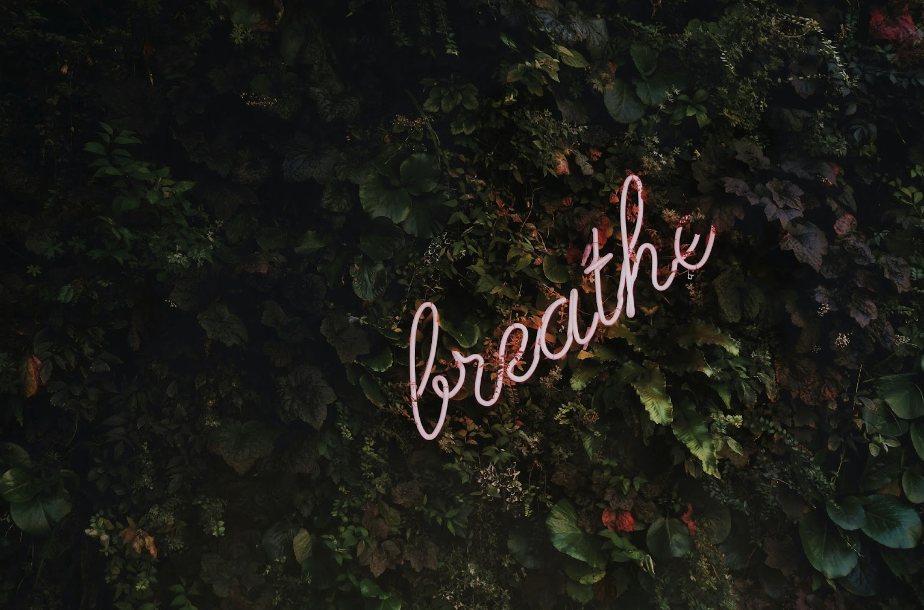The Dark Side of Social Media Activism
Unrealistic Expectations and the Illusion of Impact
The world expects too much: arguments against perfect advocacy, virtue signalling and always being ‘moral’
In the age of social media, it's easier than ever to raise awareness about social issues and mobilize others to take action. From hashtag campaigns to online petitions, digital activism has become a powerful tool for driving change. However, beneath the surface of this digital revolution lies a more complex reality. The pressure to present a perfect image, the illusion of making a difference with a simple click or share, and the expectation to constantly be "on" and outspoken can take a toll on individuals and hinder meaningful progress towards social justice.
The Unrealistic Expectation of Constant Advocacy
Social media often showcases idealised, unrealistic body images and lifestyles that can negatively impact self-esteem. These platforms can contribute to feelings of perfectionism, anxiety, and body-negativity. The pressure to constantly present a perfect image can lead to burnout and mental health issues.
The Illusion of Impact
Social media often creates an "illusion of closeness" that can be misleading. People may share content or use hashtags to feel like they're making a difference, but this type of "slacktivism" rarely leads to concrete change. The constant comparison to others' highlight reels can lead to feelings of inadequacy and decreased self-esteem.
The Performance of Perfection
Social media platforms often reward and promote perfectionism, with likes, comments, and followers serving as validation. The pressure to appear perfect online can contribute to feelings of anxiety and low self-esteem. The constant need to present a perfect image can lead to burnout and mental health issues.
Systems Over Individuals
Social justice is about creating a fair and equitable society, which requires addressing systemic issues rather than just individual actions. Racism and other forms of oppression are embedded in societal systems and cannot be overcome by individual actions alone. Focusing solely on individual actions can lead to victim-blaming and detract from efforts to dismantle oppressive systems.
The Risk of Burnout
Activism can lead to burnout, which is characterized by feelings of hopelessness and exhaustion. Burnout can lead activists to withdraw from their work, which can hinder social change efforts. It's important for activists to prioritize self-care and take breaks to avoid burnout.
Silence Doesn't Equal Complicity
Silence on social media doesn't necessarily mean someone supports injustice; people have different comfort levels with public engagement. The expectation that everyone must publicly denounce every injustice can lead to performative activism rather than meaningful action. Private reflection and education can be important steps towards taking action, even if someone isn't publicly vocal.
Valuing Private Action
Private actions like donating, volunteering, and educating oneself can be powerful ways to create change. Not all social change has to happen publicly; individual actions can contribute to larger movements. Private sector involvement can also be crucial for driving social change
Egoism In Virtue Signalling
Virtue signalling is when someone expresses a moral viewpoint to appear good rather than because they genuinely care about the issue. Virtue signaling can create a climate of reduced empathy and understanding, as people focus more on appearing virtuous than on having meaningful discussions. It can also lead to division, as people may accuse others of not being virtuous enough rather than engage in substantive dialogue.
Towards a Healthier Approach to Social Media Activism
So how can we promote a healthier approach to social media activism that avoids these pitfalls? Here are a few key takeaways:
Focus on systems over individuals: Rather than placing the burden solely on individuals to "do better," focus on dismantling the systemic structures that perpetuate injustice.
Value private action: Recognize that not all social change has to happen publicly. Private actions can be powerful catalysts for change.
Practice self-care: Activism can be emotionally taxing. Prioritize rest, self-compassion, and seeking support when needed.
Educate yourself: Take the time to learn about the issues you care about, rather than just sharing sensationalized headlines.
Engage in meaningful dialogue: Rather than just posting about an issue, seek out opportunities to have nuanced discussions with others.
Avoid virtue signaling: Focus on taking genuine action rather than just trying to appear virtuous. By taking a more intentional, sustainable, and systems-focused approach to social media activism, we can create a more just and equitable world – both online and off.
The important thing here is not to listen to anyone or anything that tells you what to do - not even, especially not, me. We need to trust our internal dialogue and moral code and take the actions based on our highest preference and excitement. If you feel called to be an activist, that is absolutely fantastic and we are all so glad you are here. But if you feel called to focus inward or not at all, that’s also a great and valid choice. The choosing is more important than the doing, and true choice is never forced.


